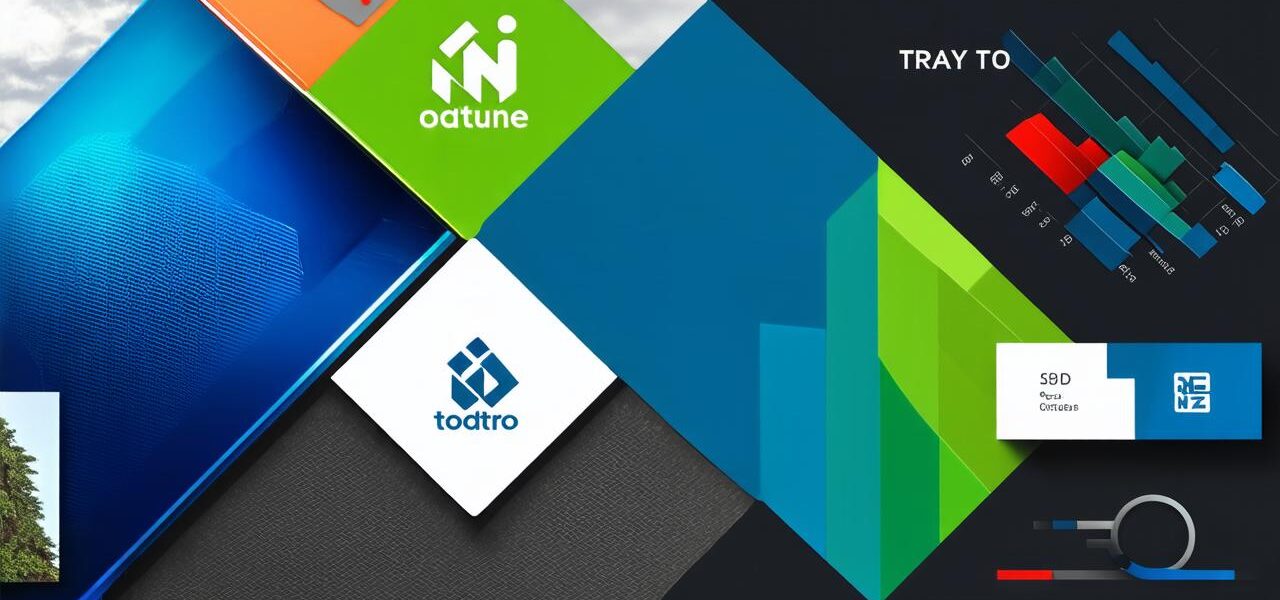
பிளாக்செயின் டெவலப்பர் என்றால் என்ன? – தமிழில் விளக்கம்
The world is facing an unprecedented crisis in terms of climate change, which has become a major concern for humanity. Governments worldwide are now focusing on finding innovative ways to mitigate the impact of greenhouse gas emissions and promote clean energy practices. Blockchain technology has emerged as a promising solution that can help achieve these goals by providing a decentralized platform for secure and transparent transactions without intermediaries.
In Tamil Nadu, the Indian state in southern India, there is a blockchain-based initiative known as பிலாக்செயின் டெவலப்பர் (Pilakku Cheyin Thavala Parai), which translates to “Let us light up the lamp”.
How does the Pilakku Cheyin Thavala Parai project work?
The Pilakku Cheyin Thavala Parai project is a decentralized platform that enables the trading of renewable energy credits (RECs) in Tamil Nadu. RECs are certificates that represent the environmental attributes of renewable energy generated by individuals and organizations, including solar, wind, hydro, and biomass power. The platform allows for the creation, trading, and verification of these certificates through blockchain technology.
Benefits of the Pilakku Cheyin Thavala Parai project
The Pilakku Cheyin Thavala Parai project has several benefits for Tamil Nadu and its citizens. Some of these benefits include:
- Encouraging the use of renewable energy sources: The project promotes the use of renewable energy sources by providing incentives to individuals and organizations that generate clean energy.
- Reducing dependence on fossil fuels: By promoting the use of renewable energy, the project reduces Tamil Nadu’s dependence on fossil fuels for electricity generation, which can help improve air quality and public health in the long run.
- Supporting local economies: The project provides a platform for local entrepreneurs to invest in renewable energy projects and generate revenue through the sale of RECs, which can stimulate economic growth and job creation in Tamil Nadu.
- Providing transparency and accountability: The use of blockchain technology ensures transparency and accountability in the trading of RECs, which can help build trust among stakeholders and promote sustainable practices in the energy sector.

Challenges faced by the Pilakku Cheyin Thavala Parai project
Despite its potential benefits, the Pilakku Cheyin Thavala Parai project faces several challenges in implementing blockchain technology for renewable energy trading in Tamil Nadu. Some of these challenges include:
- Limited awareness and understanding: Many people in Tamil Nadu may not be aware of the benefits of renewable energy or the Pilakku Cheyin Thavala Parai project, which can hinder its adoption.
- Limited participation: The success of the project depends on the participation of individuals and organizations that generate clean energy, but limited participation from these stakeholders can slow down progress.
- Regulatory hurdles: The trading of RECs requires regulatory approval, and the process of obtaining such approval can be time-consuming and costly. This can make it difficult for small-scale renewable energy producers to participate in the project.
- Technical challenges: Implementing blockchain technology requires technical expertise, and there may be a shortage of skilled professionals in Tamil Nadu who can work on this project.
Addressing the challenges faced by the Pilakku Cheyin Thavala Parai project
The Tamil Nadu government and its partners are actively addressing the challenges faced by the Pilakku Cheyin Thavala Parai project. Some of the measures being taken include:
- Providing training and support: The government is providing training and support to individuals and organizations that may not have the necessary expertise to implement blockchain technology.
- Streamlining regulatory processes: The government is working to streamline the regulatory approval process for the trading of RECs, which can help accelerate progress and reduce hurdles for small-scale renewable energy producers.
- Raising awareness: The government is launching campaigns to raise awareness about the benefits of renewable energy and the Pilakku Cheyin Thavala Parai project among the public, which can help increase demand for RECs and encourage more people to participate in the project.
- Encouraging participation: The government is providing incentives to individuals and organizations that generate clean energy, which can help increase participation in the project and promote sustainable practices in the energy sector.
Summary
The Pilakku Cheyin Thavala Parai project is an excellent example of how blockchain technology can be used to promote sustainable development and reduce greenhouse gas emissions. While the project faces several challenges, the Tamil Nadu government and its partners are actively addressing these challenges to ensure its success. As more people and organizations adopt renewable energy practices, we can hope to see a more sustainable future for all. With the growing awareness of climate change and the need for sustainable development solutions, blockchain technology is likely to play an increasingly important role in promoting clean energy practices and reducing greenhouse gas emissions worldwide.



